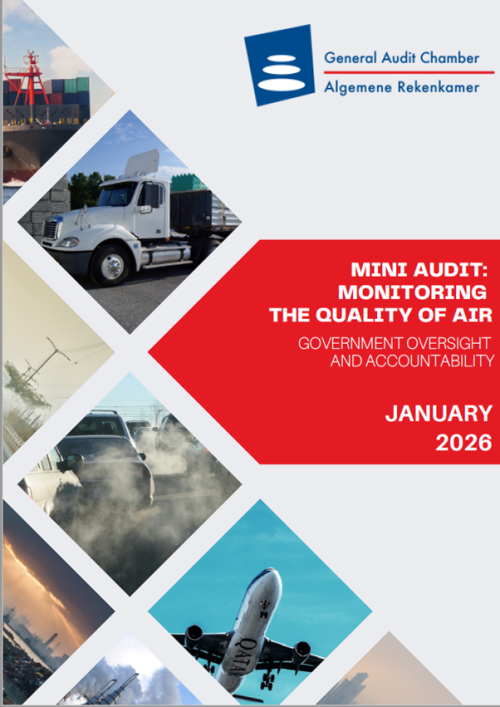 PHILIPSBURG: --- In significant development today, the Council of Ministers (CoM) has rejected the Prime Minister's request to suspend Suenah Laville-Martis, Chief of Staff for the Ministry of Public Health, Social Development, and Labor (VSA). The imposed measure has been lifted, granting Laville-Martis access to all digital platforms and government buildings, except the Government Administration Building and events attended by the Prime Minister. This decision will remain in effect until the ongoing criminal investigation is concluded. A formal letter from the Prime Minister to Laville-Martis is still pending, SMN News has been reliably informed.
PHILIPSBURG: --- In significant development today, the Council of Ministers (CoM) has rejected the Prime Minister's request to suspend Suenah Laville-Martis, Chief of Staff for the Ministry of Public Health, Social Development, and Labor (VSA). The imposed measure has been lifted, granting Laville-Martis access to all digital platforms and government buildings, except the Government Administration Building and events attended by the Prime Minister. This decision will remain in effect until the ongoing criminal investigation is concluded. A formal letter from the Prime Minister to Laville-Martis is still pending, SMN News has been reliably informed.
Background and Escalation
The controversy began when Laville-Martis was denied access to government facilities and platforms, a move she publicly condemned as unjust. She maintained her innocence and demanded a public retraction from the Prime Minister, even threatening legal action if necessary. The situation sparked widespread debate about transparency and due process within the government.
Operational Impact on the Ministry
The absence of Laville-Martis had disrupted the Ministry’s operations, as Minister Richinel Brug highlighted. He described her role as pivotal, likening her to the "backbone" of the Ministry’s strategic and operational framework. While Laville-Martis continued to work remotely, the lack of physical access created logistical challenges, slowing decision-making and affecting the Ministry’s efficiency.
Ministry’s Resilience Amidst Challenges
Despite these disruptions, the Ministry has pressed forward with its initiatives, including expanding community services through VSA help desks. Minister Brug defended the timing of these efforts, emphasizing the Ministry’s commitment to serving the public, even under challenging circumstances.
Moving Forward
Today’s decision by the CoM marks a turning point in this ongoing saga. While Laville-Martis regains partial access, the investigation continues, leaving some questions unanswered. The public and stakeholders now await further developments, including formal communication from the Prime Minister.
This resolution underscores the importance of accountability and effective governance, as the Ministry strives to restore normalcy and focus on its mission to serve the people of Sint Maarten.
 PHILIPSBURG:--- The General Audit Chamber published a mini audit on the monitoring of air quality, examining whether the government has adequate systems in place to measure, manage, and report on air quality over time. The audit does not assess whether the air on St. Maarten is good or bad, but focuses on governance, monitoring capacity, and policy arrangements.
PHILIPSBURG:--- The General Audit Chamber published a mini audit on the monitoring of air quality, examining whether the government has adequate systems in place to measure, manage, and report on air quality over time. The audit does not assess whether the air on St. Maarten is good or bad, but focuses on governance, monitoring capacity, and policy arrangements.